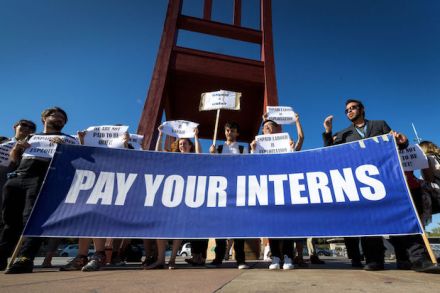Destitution is the new British disease
I became aware that there was real destitution in modern Britain five years ago. Destitution, as I see it, arises when a family or individual is hungry, unable to afford gas and electricity, and on the brink of homelessness. It was apparent to me then that too many people at the bottom of the pile who fall on hard times are slipping through holes in the nation’s safety net — some are even forced through those holes by the modern welfare state. The model of how society worked, which I had picked up as a child of the 1945 Attlee Government, survived my decade at the Child Poverty Action Group




















